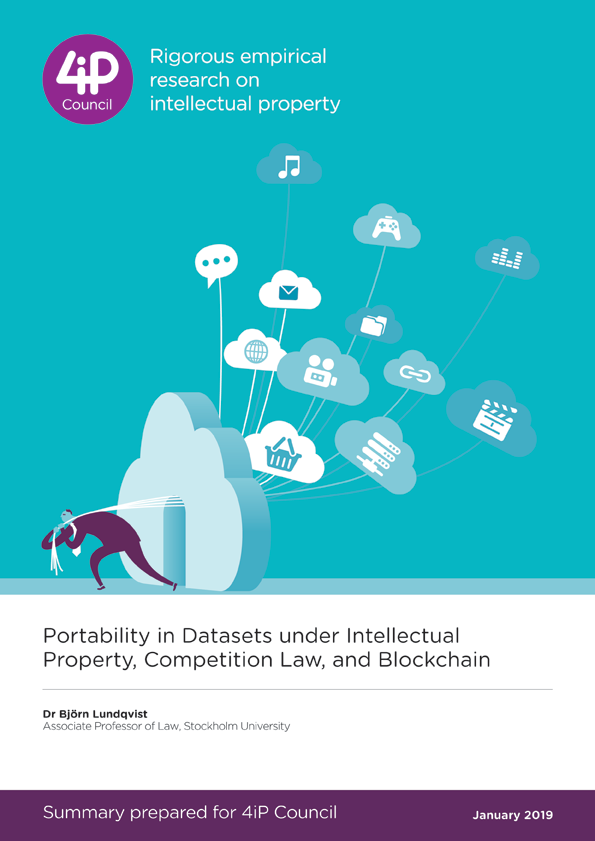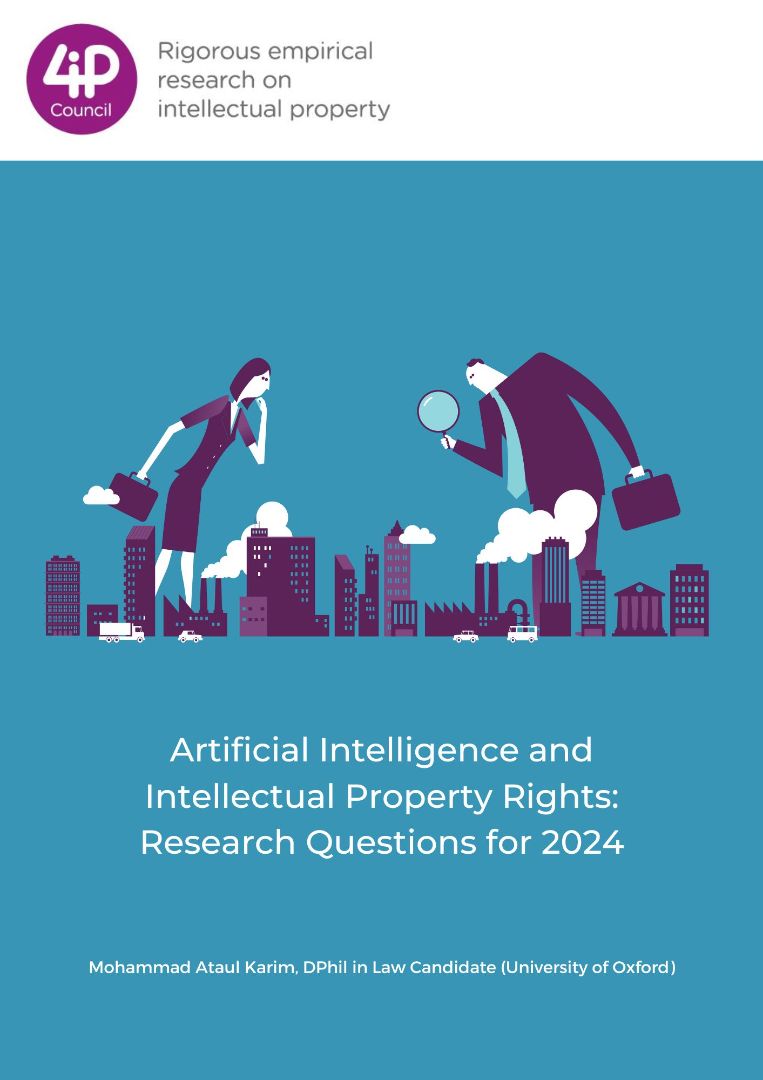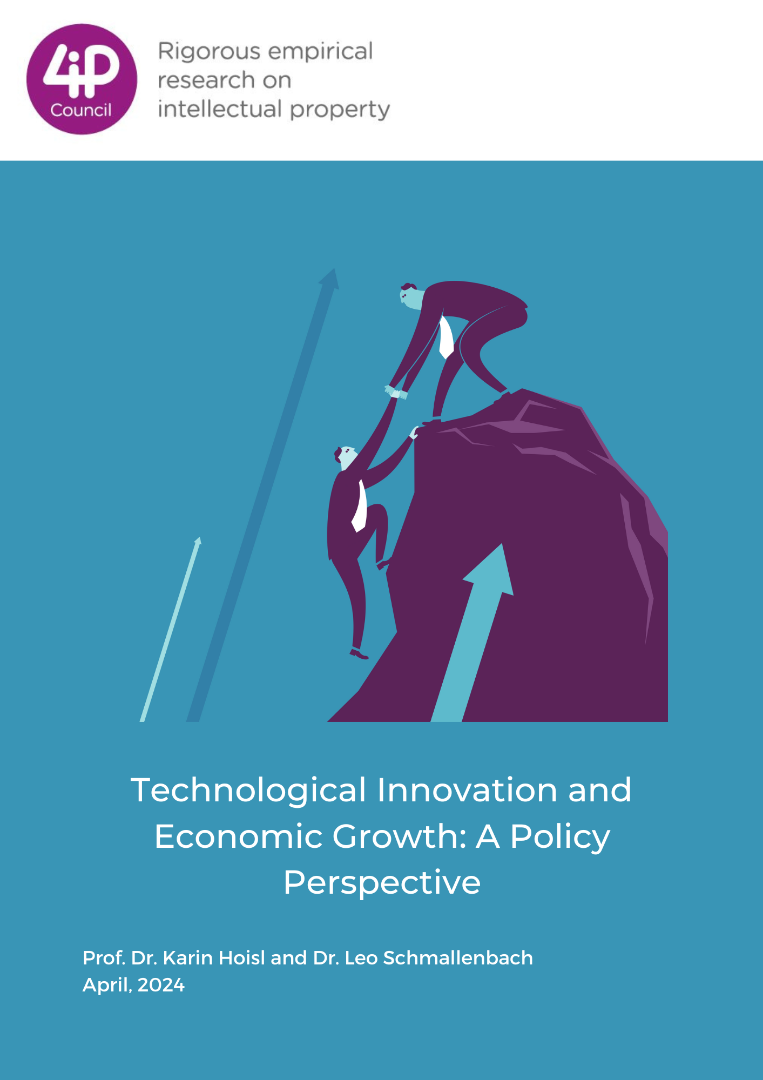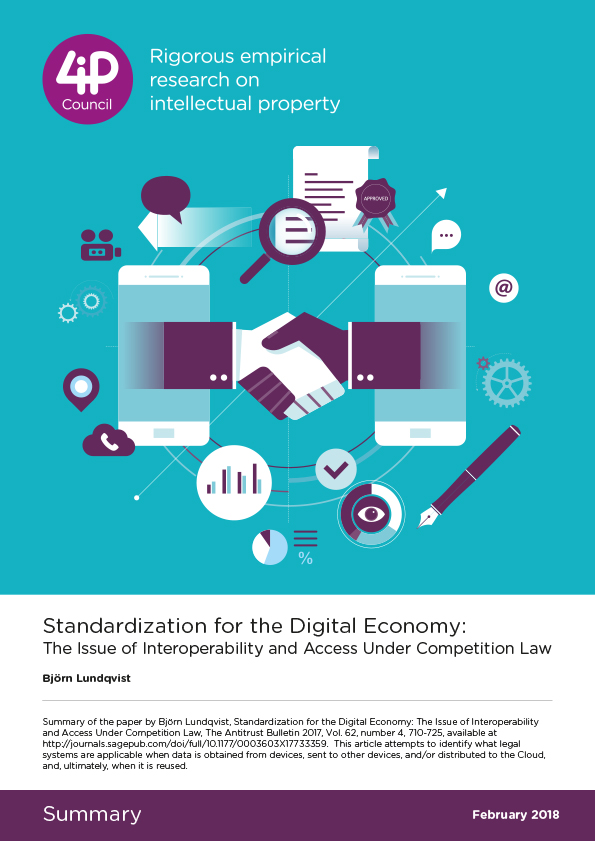Portability in Datasets under Intellectual Property, Competition Law, and Blockchain
Dr Björn Lundqvist, Associate Professor of Law, Stockholm University
Björn Lundqvist has recently published an interesting paper “Portability in Datasets under Intellectual Property, Competition Law, and Blockchain”, where he discusses who controls data in B2B relationships, dissecting the interface between Intellectual Property Law, Competition Law and Technology in an Internet of Things setting.
Björn argues that the current digital world is creating more and more data, and we will create even more data when the paradigm shift of Internet of Things will be implemented on a grand scale. As the name suggests, Internet of Things implies that Things (all everyday products and devices) communicate, with us, and other Things. Regular Things produced by regular brick-and-mortar firms will monitor, check and collect data regarding the processes or persons the Thing is monitoring. However, the question is whether the data collected belongs to the producers of the Things or to other entities, viz. the platforms.
As it is today, the collectors of data and the people or processes that generated the data are not guaranteed access to the data. Instead, the legal system around data, as it is currently set up, seems to benefit the platforms and the gatekeepers in the virtual ecosystems being developed around e-platform “silos.” Amazon, Apple, Google, Microsoft and the like, are today the most visible assemblers of data, since they not only monitor users through their own services, but also control the Clouds of their respective e-ecosystem. They are often Cloud service providers which firms could turn to and obtain Cloud space to store data and other connected services such as data analytics and predictive modelling. These firms are the most visible gatekeepers, yet in the arena of industrial internet where data will be transferred from Thing to Thing, T2T, there will be other firms that will be the large assemblers of data. Here we might see ‘data hoarding’ from large firms connected to specific digital processes. They gain exclusive access to all data generated with a particular process or procedure.
Björn argues that in these settings, the right for firms to transfer of data (the porting of data) will be important for competition and, generally, for the Internet of Things to work and create interoperability, new services, wealth for society etc.
While porting data can be excessively difficult in the current data and cloud environment, there is a discussion that brick-and-mortar firms should be empowered by a right to transfer data or port data. Firms should have the right to transfer “its” data from platform to platform, Cloud to Cloud, or in-house. A mandatory right to port data could have several benefits; one being that it promotes competition between platforms, Clouds and e-ecosystem providers. Several platforms collect data on behalf of businesses making use of their platform services, and, by stipulating a right for businesses to port this data, could alter the power balance. Indeed, it could help SMEs or brick-and-mortar firms in general vis-à-vis the gatekeepers.
Moreover, many firms use and will use the Cloud to collect and store data in the upcoming Internet of Things paradigm, and they will make use and purchase both Cloud space and data analytics. A right to port data enables firms to change Cloud providers when they are not happy with the service received. A mandatory right to port datasets would create competition, and prevent markets otherwise “tip” in the favour of one monopolistic firm.







